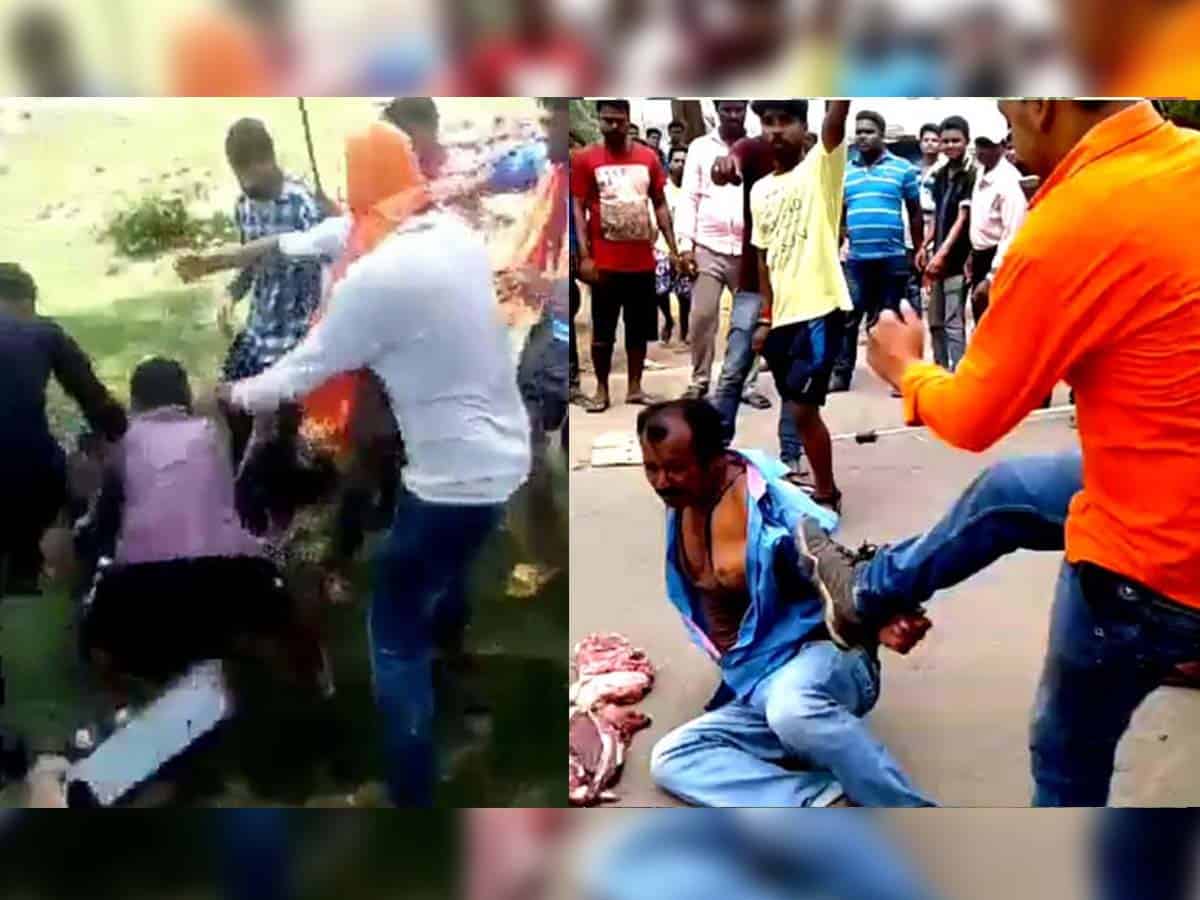Amir Ullah Khan, Netheena Mathews and Sriram B
The 2019 elections were astounding for some. The economy was tanking, unemployment was at its highest ever, social tension was rampant everywhere and the foreign media was asking uncomfortable questions. A number of government schemes had flopped. The much-hyped demonetisation was becoming a case study on creating disaster. The GST introduction was being talked about as a monumental failure in the implementation of the policy. Exports were going down month after month and the rupee was at its lowest value ever. There were no smart cities to be seen, the railways were performing poorly and the bullet train existed only on papers.
None of the big promises the 2014 government had committed to had been fulfilled. There was no sign of the 2 crore new jobs, no action taken against those who had fled with billions of dollars of unpaid bank loans and a number of corrupt leaders who had joined the BJP were not behind bars as had been promised. On top of all this, crimes against Dalist and Muslims particularly had gone up significantly. Mob lynching in various states led by cow protection mobs were being reported across the world media. In this backdrop, the 2019 election results came in with the Modi government winning an even bigger victory than it scored in 2014.
To understand this phenomenon in contemporary India and its last two general elections, the Centre for Development Policy and Practice (CDPP) instituted a study with support from the Institute of Objective Studies (IOS) on voter behaviour. The survey itself was conducted in 4 major centres, using a large sample to learn what motivates and influences the Indian voter. This study is now complete and will be officially released in an online public function next month. The insights gained however would be of great interest to all social scientists, those interested in India and all those who still can’t fathom the election results from last year
This study also focuses on the young voter, given their large numbers and the assumption that they don’t carry the baggage of history. These youth also seem to agree that the economy is not performing well at all. The survey validated this assumption clearly.
Young Indian voters also don’t buy into the dominant political narrative that India has seen no development in the 60 years since independence. However, ‘60 years of mis governance’ was a narrative that ran common through PM Modi’s election campaigns. The respondent’s level of education seemed to have a direct relationship with their likelihood to coincide with the statement. It also has a visible gender dimension, a lot more women believe that India’s development story actually began with Mr Modi.
The study then went on to test all other major questions that are looking for answers. Did demonetisation impact each individual? Did business suffer? Here the level of income seemed to have been the deciding factor in evaluating the move. Individuals and business owners see the demonetising exercise in absolutely diverse ways. There are very interesting insights that emerge on the government’s ability to handle the economy. There is near unanimity among various dominant groups on the ability of the Modi government to govern decisively.
The study then takes a deep dive and asks respondents about their concerns on violence and vigilantism on the cow protection issue. The study asked people about the National Register for Citizens, its impact on society and whether they supported the amendments made to the Citizenship Act. The difference of opinion along religious lines was quite revealing. It is also quite a revelation to see how these moves have been understood by the average voter and the concerns that arise among our youth when asked to comment on such political moves and decisions
On the issue of Kashmir and the abrogation of Article 370, it is obvious that a large number of Indians do not understand the nuances at all. The popular opinion therefore is along predictable lines. This sudden move by the government seemed to have clearly benefited from its very obvious populist stance and the support it receives across the country is simply overwhelming. The young voter is not at all keen on going into the constitutional or the legal issues. For a lot of them, this is a simple move that should have been taken decades ago and is one of the many that the government has taken to correct the many historical wrongs that have been inflicted on a vast majority.
The questions on the mandir construction, the Supreme court’s judgement on Ayodhya, the new legislation on triple talaq again got us some rather interesting answers. There is also deep insight that can be obtained on the moves that the government is widely expected to take up next, especially on the movement towards a Uniform Civil Code. The study was completed just before COVID 19 broke out and much before the lockdowns had started, so it does not question people on how the government handed the pandemic. However, we have a number of studies on that issue now and the verdict seems to be pretty clear.
In all if one were to take an initial understanding from the study’s data, in addition to the usual factors of age, sex, caste, religion, education and so on, one would surely understand that there is a great deal of immaturity, a lack of understanding of the ideals the Constitution protects and a reading of history that seems to produce a certain narrative that is quite stark and hard hitting. More perspectives would emerge with the study’s final outcomes, and the data from the study would be put in the public domain for any further analysis that researchers would like to perform.
Amir Ullah Khan, Netheena Mathews and Sriram B are researchers at the Centre of Developing Policy and Practice

